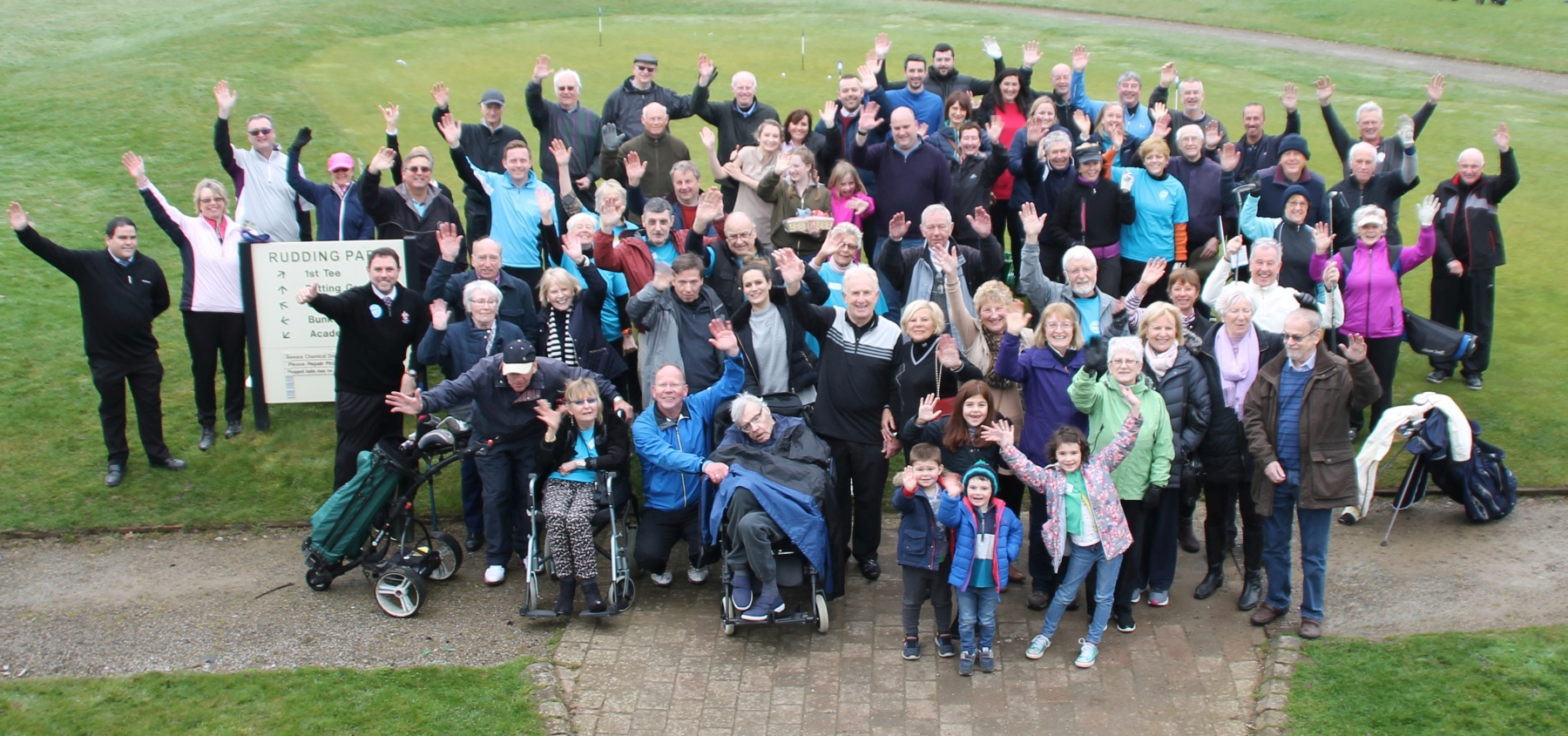Golf in Society, which delivers person-centred golf sessions for people with chronic illnesses, is the first recipient of a financial award from the new charitable arm of the not-for-profit Golf Business International.
Awards of up to £5,000 will be available to ‘good cause’ projects within the golf industry after the creation of the Golf Business International Foundation. And Golf in Society, driven by social entrepreneur Anthony Blackburn, was deemed to be the first worthy recipient of £500 following a recent GBI board meeting.
Golf in Society delivers sessions that “stimulate the mind, body and soul of older people looking to improve their health and wellbeing”. During each session participants receive two hours of moderate physical exercise, learn new skills and techniques, socialise with new friends, improve their self-esteem and are able to chat about their favourite topics. It has proved of particular benefit to those suffering with dementia or Parkinson’s disease.
Blackburn said: “The team is delighted to accept this very kind contribution. As well as supporting families in Harrogate, Glasgow and Lincoln, we are busy preparing for our spring expansion to more clubs. The donation will be used to support this growth, especially the training of more community golf activators, allowing us to deliver even more of our unique golf sessions to families desperate for support. As we expand in the coming months, and members of Golf Business International see how we’re making a real difference to even more lives through golf, they will know their support played a part in making this a reality.”
The GBI Foundation has been launched with the aim of supporting and enabling individuals or organisations to further develop the sport, and create impetus for those wishing to ensure golf delivers social benefits on a local or national basis. Awards will be made bi-annually following an application process, with half the award made in cash while the other half comprises time from participating consultants with expertise in the relevant fields. Applicants will need to demonstrate social enterprise objectives, measurable outcomes and identifiable beneficiaries, and, it is anticipated, they will come from a number of different sectors, including charities, local authorities, facilities, events and individuals.

